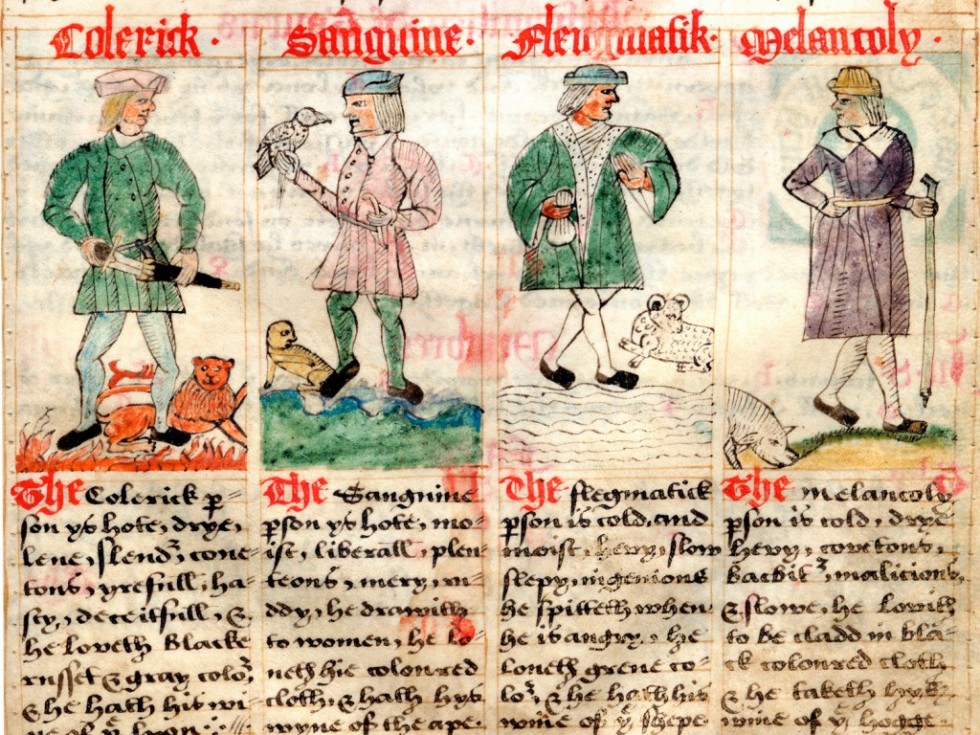The Four Temperaments
October 30, 2017

ANNA MARIE writes:
I am recently engaged and planning a wedding for next August! Please pray for me. I was wondering if you had any advice/book suggestions for me to read as I prepare for marriage.
Laura writes:
Congratulations!
I wish you great success in your marriage. I truly commend you for wanting to read more on the subject of marriage now.
Here is one suggestion: Study the four temperaments.
Understanding temperamental differences can save a great deal of woe and conflict. All families are comprised of people who are, by nature, very different. We can’t change our basic temperament or someone els’s, but we can understand each other and alter our behavior accordingly.
The four temperaments constitute an ancient classification of traits that, while not a hard and fast division, provide some basic understanding of the temperamental differences you are likely to encounter in forming a family.
What is a temperament?
Temperament is distinct from personality. While personality refers to the entirety of a person’s behavior, emotions, and thought patterns, a temperament more specifically refers to our natural preferences and tendencies; it especially refers to how we react to things.
Importantly, our temperament is our “raw” basic material. It does not have anything to do with our personal baggage from family and ancestors, any traumatic experiences from childhood, or memories that have been repressed.
Our temperament is not carved out by things we experience in life; it simply means that because of who we are as created by God, we will respond to certain things in certain ways and have consistent behaviors and preferences towards the things we encounter in life. (Source.)
The ancient categories include these four: sanguine, melancholic, phlegmatic, and choleric. Here are good definitions.
Unfortunately not everything written on the subject can be trusted. Here is an outstanding series of lectures by Mother Mary Bosco — wise, informative, challenging and charming talks. I highly recommend them.
Let me give an example of how failure to understand temperamental differences can cause great unhappiness. Let’s say a choleric man (accomplished, extroverted, highly organized) is drawn to the relatively quiet and peaceful ways of a phlegmatic woman (calm, patient, peaceful, compassionate, less efficient). When they marry he starts to grow impatient with the tolerance and easygoing ways of his spouse and begins to view her as weak and inferior. Not understanding that she cannot be changed and that her calm has its own benefits, he bullies her, thinking that he can make her change. She withdraws from him in hurt and eventual anger.
On the one hand, the choleric needs to appreciate the patient qualities of his spouse and on the other hand, the phlegmatic needs to realize that the choleric is by nature less emotionally sensitive and needs real help seeing his defects and recognizing emotions.
Prepare for the conflicts that may arise in your family so that you won’t be taken off guard.
I wish you and your future spouse great happiness — and a large family with all the beautiful diversity of personality and temperaments that God prizes.
